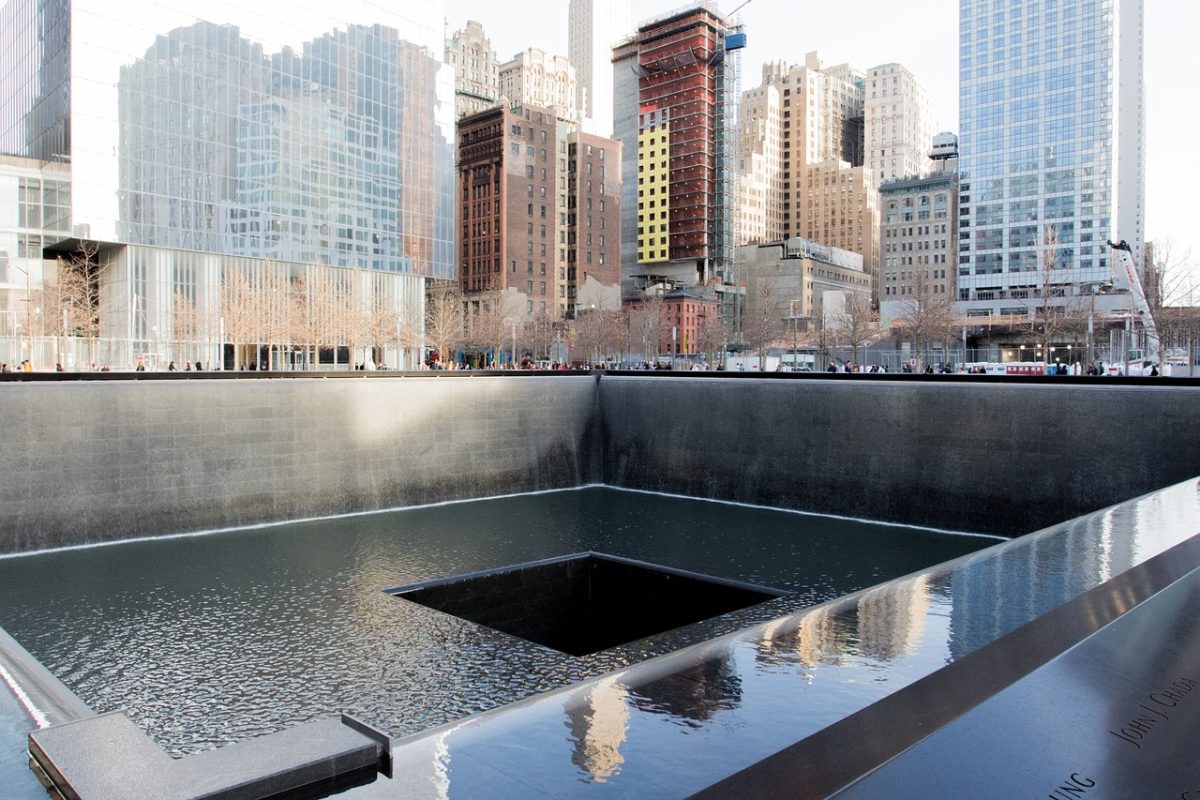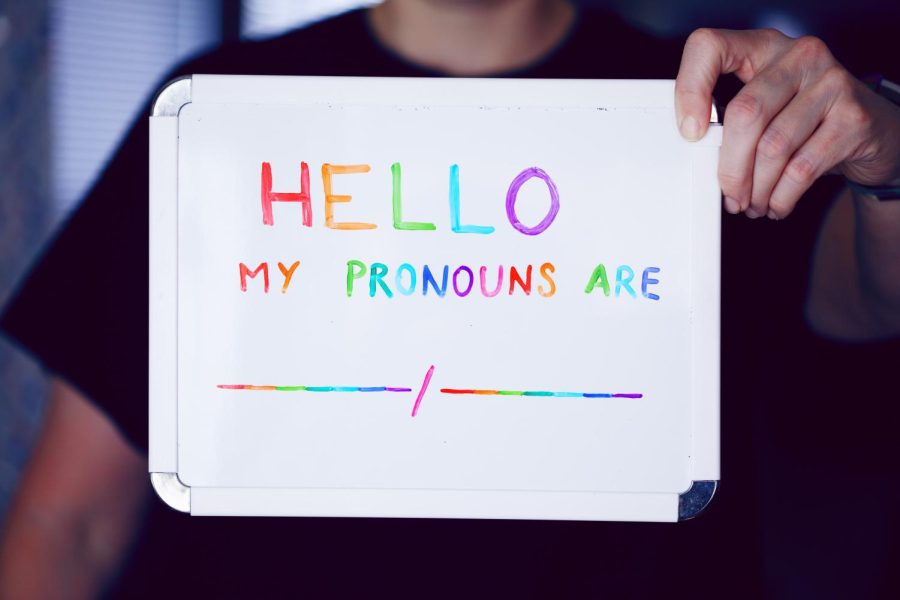A New York College creates Residential Learning Communities for Transgender and Nonbinary Students. Should Westfield State University follow suit?
March 21, 2023
WESTFIELD–Some Westfield State students and faculty support the idea of dedicating a residential floor to transgender and nonbinary students to promote diversity and create community.
In the Fall of 2022, Ithaca College allowed transgender and nonbinary students to live and work together to create discussions concerning identity, privilege, and oppression ideas related to gender.
“Although it may seem foreign to provide accommodations related to the needs of transgender and nonbinary students, it’s no different from providing accommodations to people who struggle from physical disabilities,” said Laura Davis, Residential Life Director of Ithaca College.
As Ithaca College remains firm on supporting transgender and nonbinary student rights, the country remains divided with over two-hundred anti-trans bills passed last year to prohibit and discriminate against transgender individuals from accessing opportunities. Throughout the country, civil war has broken out in many colleges in conservative and liberal states fighting for the removal and implementation of trans bills to protect transgender lives.
When bringing the conversation to Westfield State University, the Westfield State Student Government Association (SGA), Katie Egan, class president of 2024, had a lot to say on the matter.
“Initially, when thinking about creating a dedicated space for transgender and nonbinary students, I fear the isolation of separating those into a space. However, I do see the beauty that comes with transgender and nonbinary students having the ability to connect with other LGBTQIA students from different backgrounds and having the comfort of being their authentic selves,” said Egan.
Professor Elizabeth Stassinos, a Westfield State faculty member since 2004 and the chair of the department of Ethnic and Gender Studies responded positively to the idea.
“I would support this if students were interested. I can see how this would be really helpful. It is also good to meet people who are from really different backgrounds and identities as well but I think it might be important to have a designated hall and living area that is inclusive,” said Stassinos.
However, Levi Ekstrom, senior and president of the Queer Straight Alliance (QSA) believes that Westfield State University is not ready to implement the proposal.
“If we were to dedicate a living space for transgender and nonbinary students, it would be easier for individuals to target the community and potentially, have more hate crimes to occur in residential halls,” said Ekstrom.
Davis at Ithaca, commented that the transgender and nonbinary RLC program had a massive turnaround for the University.
“Initially, we did not know what to expect about the program’s success. However, the program received so much engagement and interest that students accepted into the program had to be waitlisted. Next semester, we will expand the program to first and second-year students and add
additional floors/wings to accommodate the needs of transgender and nonbinary students at Ithaca College,” said Davis.
However, one month ago, at Indiana University, Declan Farley, an identified queer student, experienced severe harassment, and only after posting a viral TikTok expressing his concerns about his safety, the university responded to the issue.
“It started with banging on my door and running away, then turned into yelling slurs outside my door. They have dumped food and put trash outside my door. Most recently, I saw someone licking the outside of my door while I was inside,” said Farley in the Indiana Daily Student.
Before pursuing the creation of residential halls exclusive for transgender and nonbinary students, does Westfield State University have the finances and resources to make this happen? To a certain extent, Westfield State has the room in Dickinson or possibly Scanlon Hall to accommodate this request, yet it ultimately depends on President Thompson and the Westfield State Community to achieve this milestone.
“There is always the option of starting small by dedicating a floor of an existing hall into a living space for transgender and nonbinary students. The honors students have their floor. Members of the Justice Equity Diversity have their own floor. In the past, the University has had a LGBTQIA living learning community before. So why can’t we reinstate something similar?” said Egan.
Even if the University could not provide a space for LGBTQIA students, there are other ways of making the campus LGBTQIA-friendly. For example, an issue brought up by students, on student I.D. cards, if they were to access the bathroom in a traditional hall that uses hall bathrooms, they could only access the bathroom of the gender they were at birth. Students should be allowed to choose the bathroom of their choice
for comfort and safety reasons.
In addition, adding more educational events that could further educate non-LGBTQIA students about LGBTQIA core values would help bring to light transgender and nonbinary issues that could create a stronger connection between the Westfield State community and the LGBTQIA community, as argued by Egan.
Even though Westfield State has made some effort to accommodate the LGBTQIA Community, Ekstrom believes that the University has a long way to go if we were to follow Ithaca’s lead.
“It is good that the University is paying attention to LGBTQIA rights after pushing for three years for policies and rules on campus equality. However, I fear it might be too early to start working on the foundation that has only been around for less than a year,” said Ekstrom.
As a head resident assistant of University Hall at Westfield State, Ekstrom constantly encounters issues related to not only LGBTQIA individuals, but racism within the dorm hall. Although it may seem a safe space to many, it remains a contested space struggling with diversity and acceptance.
An advocate for LGBTQIA Westfield State students, Elizabeth Stassinos, had much to say on the matter.
“I think we need to make more links to students and student groups and academic speakers and conferences on gender on other campuses. It would be great to have regular events with the 5 Colleges student LGBTQIA clubs and groups that are intersectional, too (supporting race, class, gender, and ethnicity diversity). I would like to see our students have more social connections and options across classes, majors, and clubs with area colleges and UMass too!” said Stassinos.
If you are interested in making a change to the Westfield State campus, the Student Government Association (SGA) has its weekly meeting on Tuesdays at 5:30 pm in Ely Campus Center Room E017, and it is open to anyone. In addition, if you are an LGBTQIA Westfield State student looking to form connections with other LGBTQIA students and want to make a difference on campus, the Queer Straight Alliance has its weekly meeting on Wednesdays at 4 pm in the SGA room





















Margaret Ahearn • Mar 28, 2023 at 2:02 pm
great piece!
Mark Nimkoff • Mar 22, 2023 at 7:42 am
Very informative, well-written piece. It’s great to see student writers at WSU back in action.